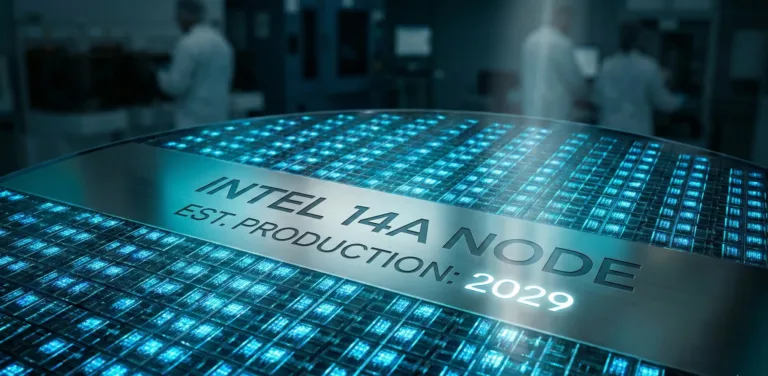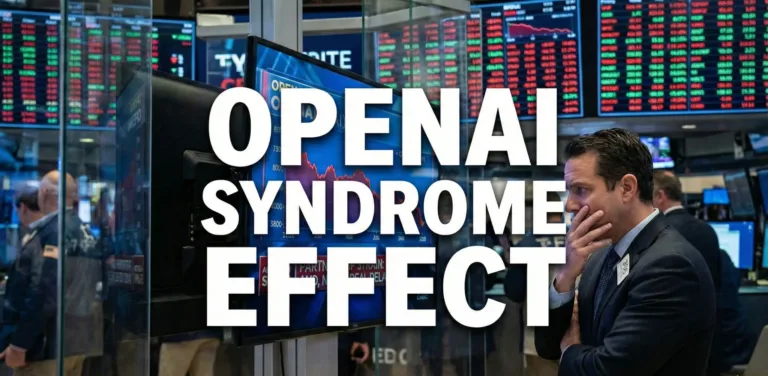Amid the recent havoc that has unfolded at Intel Foundry , news is coming that Intel Foundry has approached Samsung Electronics to form an Intel-Samsung Foundry alliance.
According to a recent report by the Maeil Business Newspaper, U.S., one top official form Intel has requested for a top level meeting between Samung Electronics Chairman Lee Jae-yong and Intel’s CEO Pat Gelsinger and most probably the meeting will be held within a week.
This high level meeting will lay the foundation of cooperation between both the semiconductor giant foundry businesses, which might ultimately lead to the formation of an Intel-Samsung foundry alliance .
Competitors are forming an alliance , but why?
The semiconductor manufacturing industry is currently dominated by TSMC with a market share of 62.3%, with other few players like TSMC , Samsung , GlobalFoundries, etc . With TSMC leading the industry , other players are not able to keep up with the latest advancements in technology.
Intel, which launched its contract manufacturing business in 2021 as a key part of Chief Executive Pat Gelsinger’s turnaround strategy, has not been able to garner customers .
Since its very inception, it has been in a loss . In its second-quarter 2024 financial results, Intel reported a 24% decline in revenue year-over-year, down to $15.3 billion from $20.1 billion in the same quarter of the previous year This downturn is attributed to delays in its 7nm and 4nm process technologies, causing a loss of competitiveness in the semiconductor market. Additionally, Intel’s net loss for the second quarter reached $2.6 billion, highlighting the impact of stalled product launches and reduced market share.
Also Read :Deep dive into Intel’s new Backside power delivery
Similarly, Samsung, the world’s second-largest foundry, has also encountered hurdles. Despite its successful launch of 3nm GAA technology, Samsung’s foundry business saw a revenue decline of approximately 11% year-over-year, reaching $4.9 billion in Q2 2024.
Majorly both Samsung and Intel are dealing with lesser yield percentages. Due to which all their major customers are moving towards TSMC . Google Silicon, which has been giving orders for manufacturing its Google Tensor Chipsets to Samsung, has finally moved away to TSMC . Similarly, Broadcom, one of the prime customers of Intel, has not been happy with Intel’s yield
How will the Intel-Samsung Foundry partnership help both companies?
Intel and Samsung have collaborated on several occasions, mainly in memory and component supply. For instance, Samsung has been a significant supplier of DRAM and NAND flash memory to Intel for its various platforms. They’ve also worked together on initiatives in areas like solid-state drives (SSDs) and 5G technologies. However, despite these collaborations, the two companies have often been competitors in certain markets, such as processors and semiconductor manufacturing.
These collaborations have mostly been supply chain-based rather than strategic partnerships like the one currently under discussion.
This foundry alliance will benefit both companies in various ways :
1) Shared R&D Cost: The overall R&D cost can be distributed among both the companies.
2) Technology Exchange: Samsung will be able to tap into Intel’s chip designs and packaging technologies, such as Foveros and PowerVia, and Intel will be able to get around Samsung’s expertise in 3nm Gate-All-Around (GAA) technology.
Also Read :Intel vs TSMC: Which Fab Engineer Job Offers Better Stability and Growth in 2024?
3) Increased Production Capacity and Supply Chain Resilience: By pooling their resources, both Intel and Samsung can scale up production capacity to meet growing demand, especially in high-performance sectors like AI, data centres, and automotive, as well as mitigate supply chain risks.
For example, Samsung operates manufacturing facilities in the U.S., South Korea, and China, while Intel has facilities in the U.S., Ireland, and Israel, enabling potential collaboration or equipment sharing when needed and ensuring manufacturing continuity amidst geopolitical and logistical challenges.
4) Access to New Markets and Enhanced Competitive Positioning: Intel can leverage Samsung’s existing relationships with clients in mobile and consumer electronics, while Samsung can expand its reach into Intel’s AI and high-performance computing segments. Also together, Intel and Samsung could more effectively challenge TSMC’s lead, particularly in advanced nodes like 5nm and 3nm, positioning them to secure major clients and strengthen their presence in cutting-edge technologies.
Join Our WhatsApp community.
Conclusion:
Both the companies, Samsung and Intel, are struggling with their foundry business. If this Intel-Samsung Foundry alliance becomes a reality , both Smasung and Intel’s foundry business will get a much needed boost, enabling them to make a fresh flight with athe aimof again capturing the first ppositionin the semiconductor foundry business.
Discover more from WireUnwired Research
Subscribe to get the latest posts sent to your email.





I’m not that much of a online reader to be honest but your sites really nice, keep it up! I’ll go ahead and bookmark your site to come back in the future. All the best